Have you ever felt like your small business is drowning in a sea of competitors? Do you find it challenging to get your brand noticed, even though you have something amazing to offer? Or perhaps you’re trying to drive traffic to your website but aren’t sure how to break through the noise? So, if these struggles sound all too familiar, then PPC advertising may be the solution you need.
In today’s fast-paced digital world, getting noticed and reaching your ideal customers is crucial. Moreover, with so many small businesses vying for attention, the online space can feel like a daunting place. However, PPC advertising offers a lifeline, providing small businesses with the chance to compete against larger companies with bigger marketing budgets. So, let’s explore the many reasons why PPC advertising should be an integral part of your marketing strategy.
What is PPC Advertising and How Does it Work?
Before we dive into why PPC is so crucial for small businesses, let’s take a moment to explain what it is and how it works.
PPC advertising is a form of online advertising where businesses pay a fee each time a user clicks on one of their ads. Instead of paying for an ad placement upfront, you only pay when someone engages with your ad by clicking on it. You can use this model across various platforms, including search engines (such as Google Ads), social media platforms (like Facebook Ads), and display networks (banner ads on other websites).
How Does PPC Work?
- Bid for Keywords: Advertisers choose specific keywords or phrases related to their business that they want to target. These keywords are what users type into search engines when they’re looking for products or services.
- Create Compelling Ads: Your ads must stand out from the competition. This involves crafting ad copy and visuals that grab attention, resonate with your target audience, and encourage them to click.
- Landing Page Optimization: When users click on your ad, they land on a page that must align with the ad’s messaging and guide them to take action, such as making a purchase or signing up for a newsletter.
- Pay Per Click: As the name implies, you only pay when a user clicks on your ad, making it a cost-effective way to drive traffic to your website.
With PPC, you have full control over your budget, which means you can tailor your spending based on your business’s size and goals.
Why PPC Advertising is Essential for Small Businesses
Discover how PPC advertising can boost visibility, drive targeted traffic, and offer cost-effective marketing solutions for small businesses.
1. Instant Visibility and Traffic
Small businesses often struggle with getting noticed, especially in industries where competition is fierce. One of the most significant advantages of PPC advertising is that it provides instant visibility. When you launch a PPC campaign, your ads appear at the top of search results, right above organic listings.
For example, if you own a small bakery, and someone types in “best bakery near me,” your PPC ad can appear before the organic results. This immediate exposure can be the key to driving traffic to your website and increasing foot traffic to your store. Unlike SEO (Search Engine Optimization), which takes time to see results, PPC provides a quick way to start getting clicks and conversions.
Moreover, with the option to run ads on platforms like Google and social media, you can create highly targeted campaigns that ensure you’re reaching the right people at the right time.
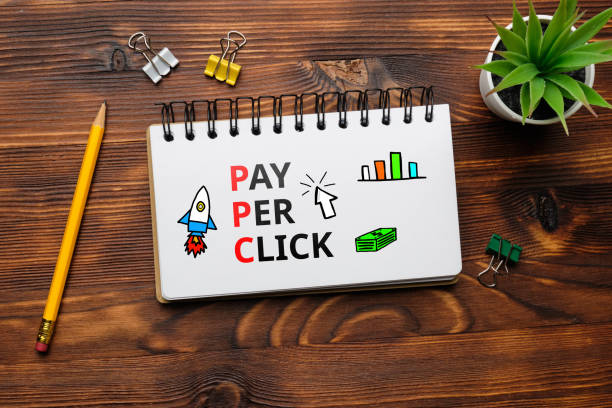
2. Cost-Effective Marketing
Many small businesses shy away from paid advertising because they think it’s too expensive. However, PPC advertising is incredibly cost-effective when done correctly. You have complete control over your budget, allowing you to scale your campaigns based on what you’re comfortable with.
Budget Control
With PPC, you can set daily and monthly spending limits, ensuring you never exceed your budget. This flexibility allows you to start small and gradually increase your spending as you see results. You can choose to bid for specific keywords based on their value to your business, which allows you to spend only where it matters most.
Return on Investment (ROI)
One of the biggest benefits of PPC is its potential for a high ROI. Because PPC ads are targeted and measurable, you can track the revenue generated from each click. By analyzing performance data, you adjust your bidding strategies, targeting, and ad copy to optimize conversions, ensuring every dollar spent delivers value.
3. Highly Targeted Advertising
PPC advertising allows small businesses to reach their ideal audience with precision. Traditional advertising, such as TV, radio, or print ads, can be broad and costly, but PPC enables you to target specific audiences based on:
- Geography: If your business is local, PPC allows you to target customers within a specific area, ensuring your ads are shown only to people who are close enough to visit your store or use your service.
- Demographics: You can tailor your ads based on factors like age, gender, income level, and interests.
- Device: Target users on specific devices like smartphones, tablets, or desktops.
- Time of Day: Schedule your ads to run during peak times when your audience is most likely to be online.
This level of targeting is a major advantage for small businesses trying to make their marketing dollars go further. By reaching the right people at the right time, you increase the chances of conversions and minimize wasted ad spend.
4. Detailed Metrics and Analytics
One of the most attractive features of PPC advertising is the ability to track and measure your results in real-time. Unlike traditional advertising, where it can be difficult to assess effectiveness, PPC platforms like Google Ads and Facebook Ads provide detailed reports and metrics that allow you to analyze the performance of your campaigns.
Key Metrics to Track:
- Click-Through Rate (CTR): This shows how many people clicked on your ad compared to how many saw it. A high CTR indicates that your ad is resonating with your audience.
- Conversion Rate: This measures how many clicks result in a desired action, such as making a purchase, signing up for a newsletter, or filling out a contact form.
- Cost Per Click (CPC): This tells you how much you’re paying for each click on your ad. Monitoring your CPC allows you to adjust your bids to optimize your budget.
- Return on Ad Spend (ROAS): This metric tracks the revenue generated from each dollar spent on ads.
By continuously analyzing these metrics, you can refine your PPC campaigns, optimize for better performance, and ensure that you’re getting the best possible ROI.
5. Competing with Larger Brands
Small businesses often feel like they’re competing against companies with much larger marketing budgets. However, PPC advertising allows you to level the playing field. With the right strategy, small businesses can compete with big brands and even surpass them in search rankings.
Unlike traditional forms of advertising where big companies with bigger budgets dominate, PPC gives you the opportunity to target specific keywords that are relevant to your business. If your ad copy is compelling and your landing page is optimized for conversions, you can outperform larger brands despite having a smaller budget.
By bidding on the right keywords and focusing on a localized or niche audience, small businesses can use PPC to make a significant impact without breaking the bank.
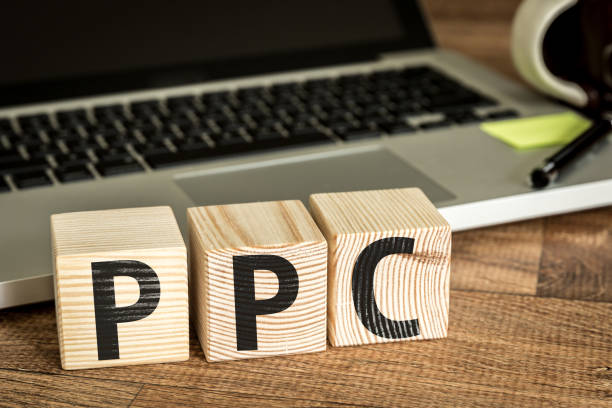
Common Misconceptions About PPC Advertising
Uncover the truth behind common myths about PPC advertising and why it’s a valuable tool for small businesses.
1. “PPC is Too Expensive for Small Businesses”
Many small business owners shy away from PPC because they assume it’s only for big brands with large marketing budgets. However, as we’ve discussed, PPC is a highly customizable tool, and small businesses can run campaigns within their budget. The key is to start small and scale up based on results.
2. “It’s Only for Tech-Savvy Marketers”
While PPC advertising may seem complicated at first, many platforms offer user-friendly interfaces with step-by-step guidance. Plus, there are numerous resources, courses, and marketing agencies available to help small businesses get started and succeed with PPC.
How to Get Started with PPC Advertising
Now that you understand the benefits of PPC, here’s how you can get started:
- Define Your Goals: What do you want to achieve with PPC? Whether it’s driving traffic, generating leads, or increasing sales, clear goals will help you focus your efforts.
- Conduct Keyword Research: Identify the search terms your target audience is using. Tools like Google Keyword Planner can help you find the most relevant keywords for your business.
- Create Engaging Ads: Write clear, concise ad copy that includes a strong call-to-action (CTA) and relevant keywords.
- Optimize Your Landing Pages: Make sure the landing page you direct users to is optimized for conversions, with a clear CTA and easy navigation.
- Set a Budget: Determine how much you’re willing to spend each day or month. Start small and scale up as you begin to see results.
- Track and Optimize: Regularly monitor your campaign’s performance and adjust your strategy based on the data.
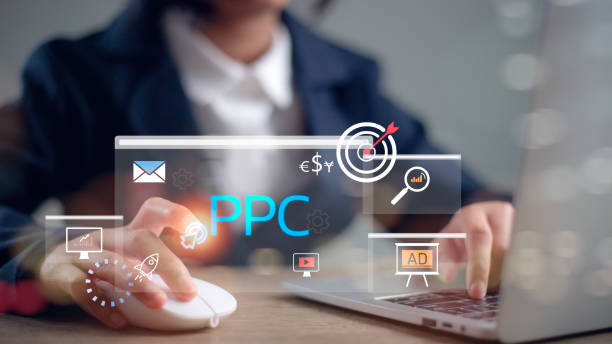
Final Thoughts: Why Your Business Needs PPC Advertising
PPC advertising offers small businesses a unique opportunity to gain visibility, drive targeted traffic, and compete with larger brands—all while staying within budget. With its measurable results, customizable nature, and immediate impact, PPC is a powerful tool that can help you achieve your business goals.
So, if you’re ready to take your small business to the next level, PPC advertising is a strategic investment you can’t afford to overlook.
Ready to start your PPC campaign and see how it can grow your small business? Contact ARD Industry today to get expert guidance and create a custom PPC strategy that works for you!


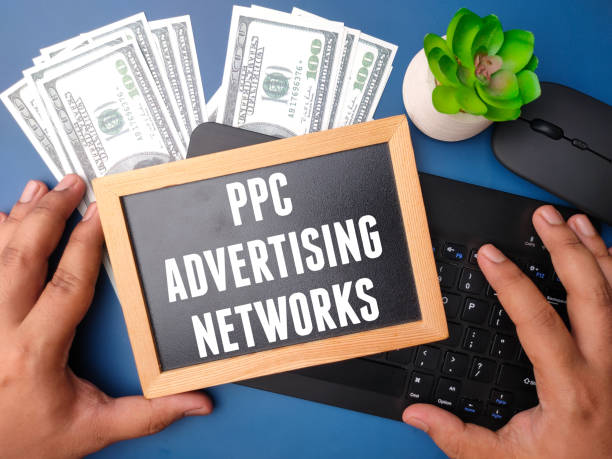

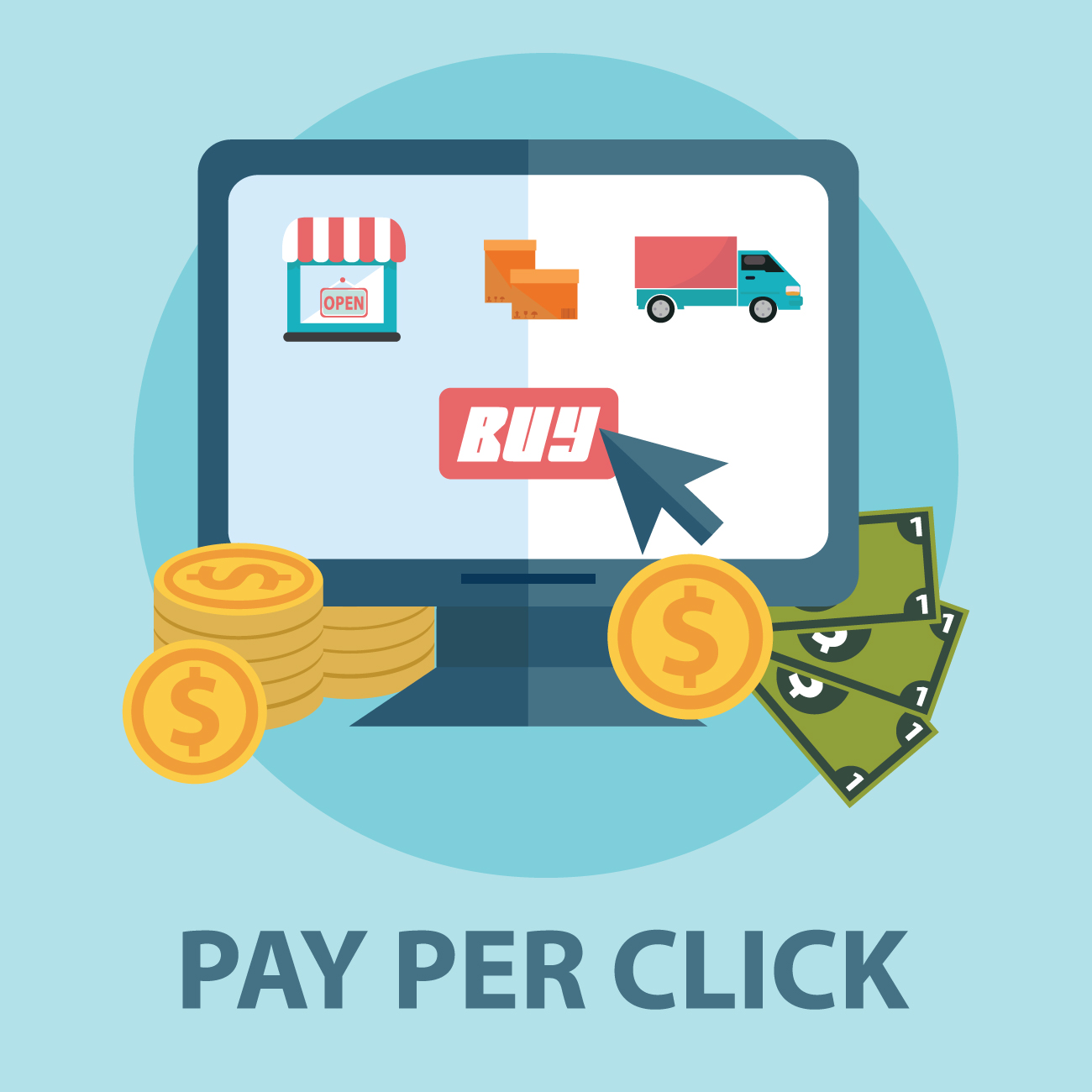

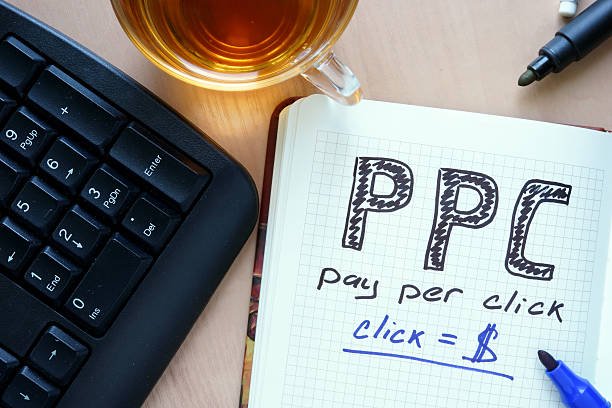

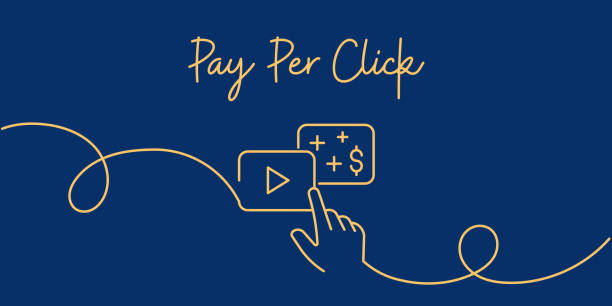
[…] Before we delve deeper, let’s understand why AI is such a big deal for PPC advertising: […]
[…] how customer feedback influences decisions—such as product improvements or service enhancements—businesses demonstrate that they value their customers’ opinions. This leads to stronger customer […]